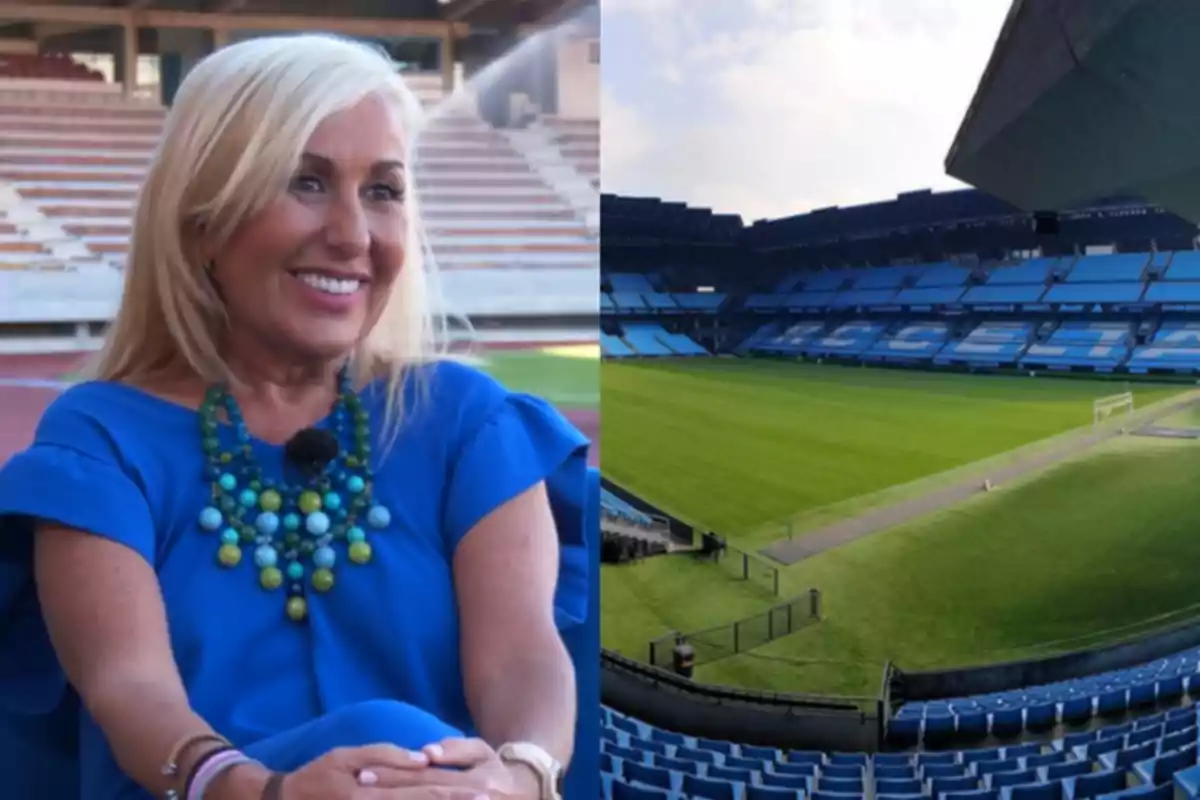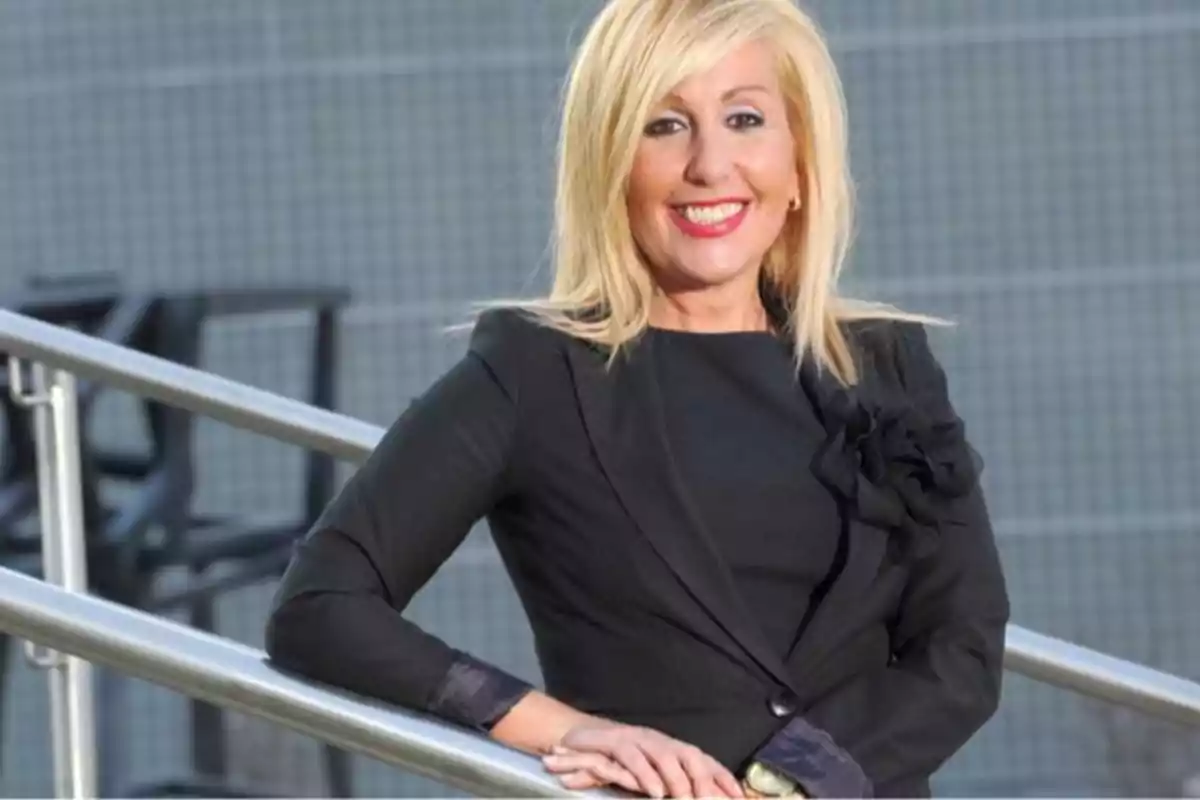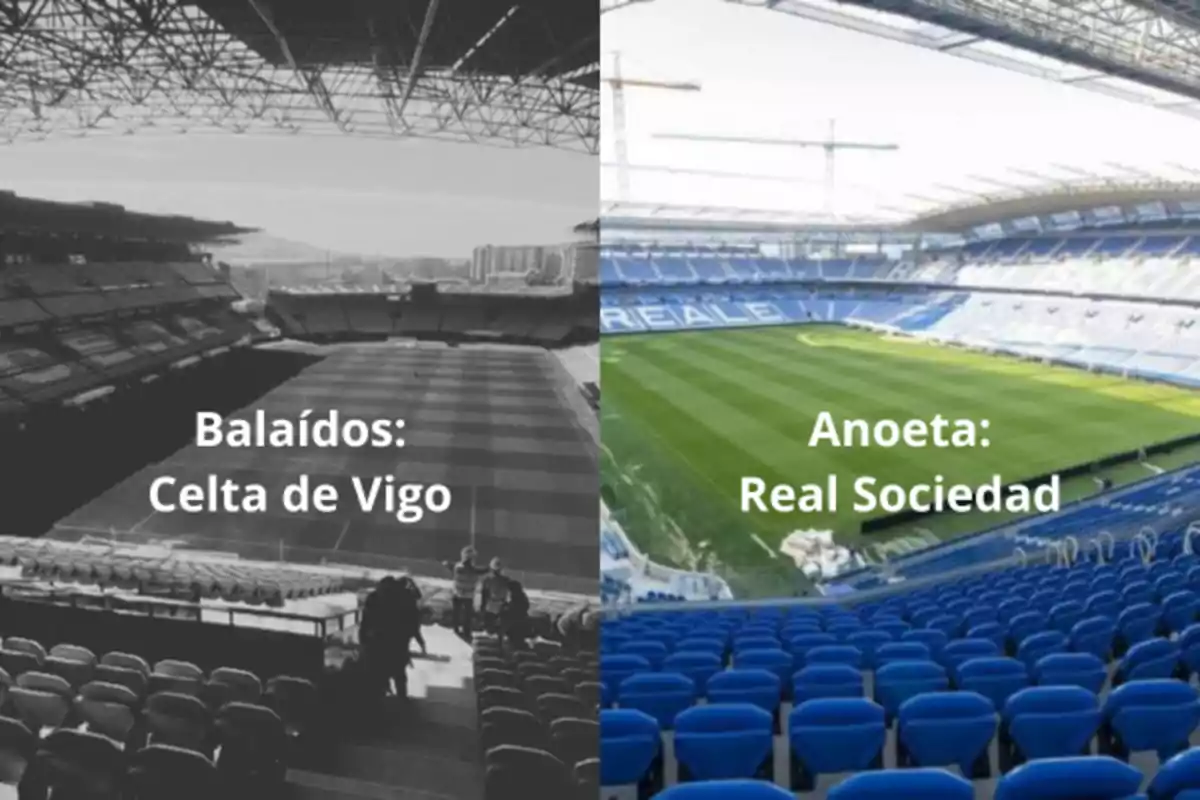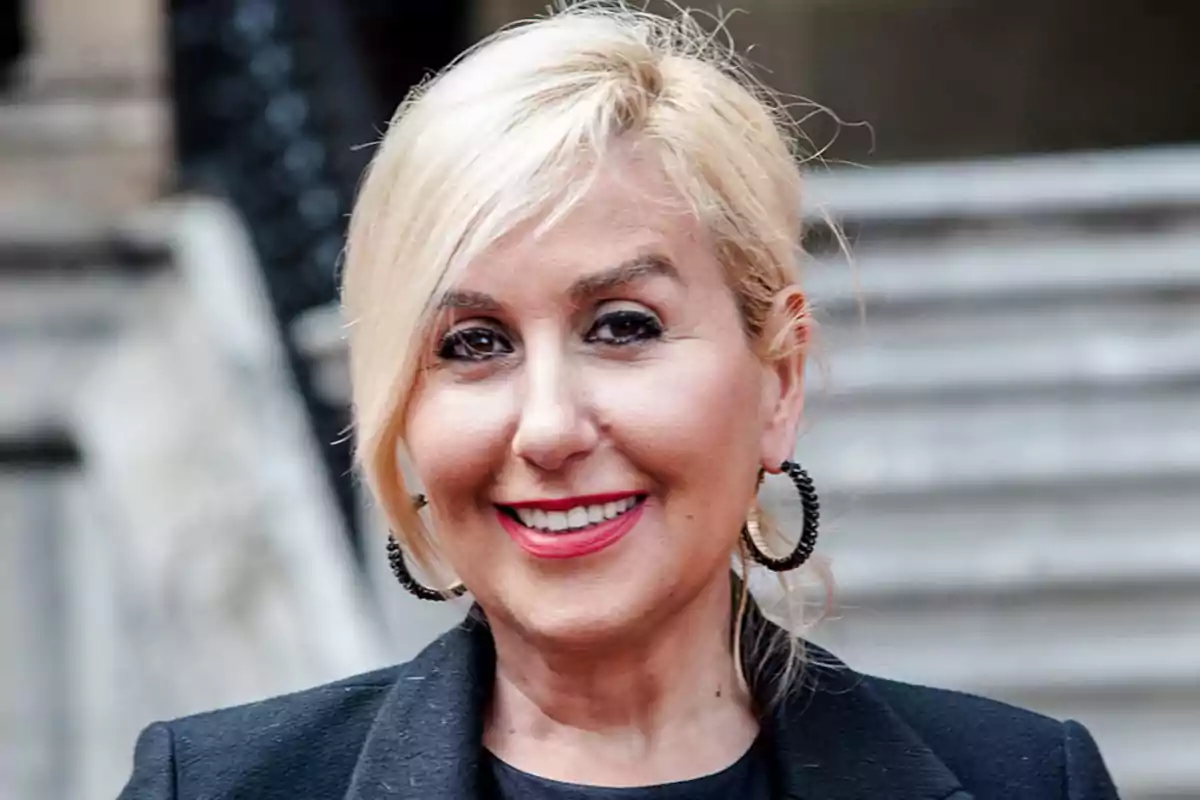
Leaked audios expose manipulation in the selection of venues for the 2030 World Cup
Audio recordings have surfaced suggesting that there was a manipulated meeting that left Vigo out as a host for the World Cup centenary
A true scandal shakes Spanish soccer, as recordings were revealed in which María Tato, director of the 2030 World Cup Bid at the Royal Spanish Football Federation (RFEF), from a manipulated meeting that left Vigo, a city in the northwest of Spain, without being a host for the world event.
"Let's go there. Let's put values in Excel to see what we get. The first test of the 800 that we'll do until it matches the result", were Tato's words at the meeting on June 25, 2024, held at the City of Football in Las Rozas.
Initially, Balaídos stadium, of Celta de Vigo, was among the 11 venues chosen in the first classification. However, two days later, the score was modified to exclude the Galician venue and favor the inclusion of Anoeta stadium, belonging to Real Sociedad.

The Spanish press revealed that this alteration was made without reconvening the evaluation team or providing any justification, which completely changed the final result of the vote.
The media outlet El Mundo exclusively obtained the recording of the meeting where the venues for the World Cup to be organized by Spain, Portugal, and Morocco were determined. This meeting took place in the office of Fernando Sanz, former Real Madrid player and then head of the organizing team, with the presence of Joana Soares, from the Strategy Area.

For more than three hours, the attendees (including later the federative employee Marta Alcalde) analyzed and scored the different bids in a confusing and disorganized manner. "Let's start giving scores and that's it", Tato commented at one point in the meeting, to which Sanz replied: "The ones you give are fine".
The evaluation process was marked by a lack of clear criteria and constant disagreements. The discussion ranged from the deadlines for completing the works in the stadiums to the quality of the infrastructures in the different cities. "With one stadium we're taking forever", expressed one of the participants, noting that the process was taking longer than expected.
Tato, who led the meeting, also referred to the importance of air connections between the venues: "Here, the one who knows the airports is me", she stated. Then, when talking about A Coruña airport, she commented: "It's very small... (Connection) with Morocco they don't have a damn thing".
The level of disorder and confusion was such that some of the evaluators lost their patience. "María, don't get tangled up, damn it, so as not to repeat everything 70 times. Does it have the environmental certificate? Then 20. Go", was heard in one of the audio fragments.
The moment they manipulate the vote to leave Vigo out
Finally, a ranking of scores was drawn up, in which Balaídos was in 11th place, with a score of 10.2004 points, surpassing Anoeta, which had 10.1226 and was left out. However, 48 hours later, the score of the San Sebastian stadium was adjusted upwards, going to 10.6026 points, which allowed it to surpass Vigo and move it to 12th place, automatically eliminating it.

Sanz assured that he participated in the evaluation phase, but not in the subsequent modification of the scores. According to his statements, he only knew about the second classification and not the first, considering himself a "victim" in case the process was irregular. In the case of Anoeta, one of the key modifications was made in Subfactor A1, related to the stadium's technical project. This aspect, which represents 30% of the total valuation, went from 15 to 20 points, which was decisive in the requalification.
Who is María Tato, the center of this controversy?
With a degree in Law, Tato was president of the Association of Women Executives and Managers of Euskadi, the Confederation of Training Companies of the Basque Country (CECAP), the Sports Arbitration Court of the Basque Country, and deputy secretary of the board of directors of Athletic Club.
She resigned from her position at the Bilbao club in September 2020 to become the director of women's soccer at the RFEF. At that time, she explained that her departure was due to the desire to "fight on the front line for women's soccer," and that it was Luis Rubiales who proposed her for the position.

Later, she joined the bid of Spain, Morocco, and Portugal for the 2030 World Cup, being part of the nine-person committee (three from each country). Her role in this process has been heavily criticized, especially after the controversy in the designation of the venues.
Her management had already been questioned in the past, especially due to the episode of the FIFA exam for agents, which had to be suspended in May 2024 due to problems with the wifi connection at the RFEF headquarters, causing an image crisis for the Federation. Currently, with the leak of these audios and the suspicions of manipulation in the selection of venues, her figure is once again at the center of controversy.
More posts: